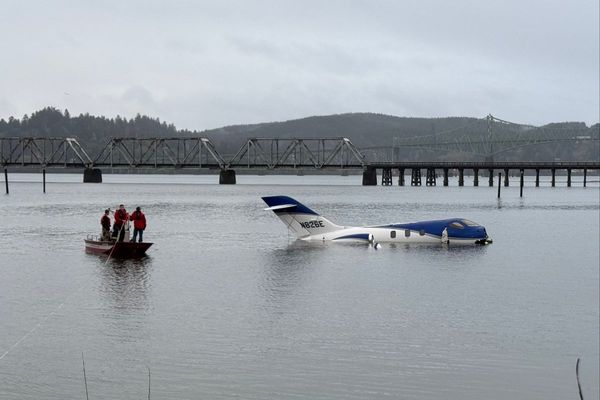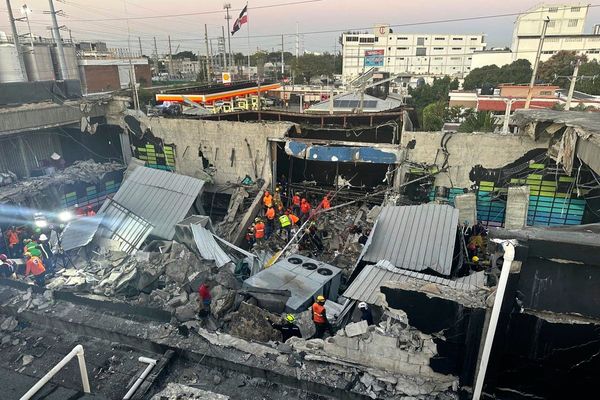The TV licence is a bill that most households pay on a monthly or yearly basis. Those who want to watch live TV or use the BBC's iPlayer service must fork out for a licence for their home.
There are many ways people can catch up on their favourite shows, which don't involve watching live television. It is important for people to know when they need to pay for their TV licence - or risk being fined up to £1,000.
In recent years, there has been a rise in the use of online streaming services such as Netflix, Amazon Prime and Disney Plus. There has recently been talks of the license fee being scrapped completely by 2027 but for now, the annual payment, which normally changes on April 1 each year, is expected to be kept at the current rate of £159 until April 2024.
READ MORE The dating red flags to look out for on the apps - including lovebombing and rudeness
So if you use your television set only to watch streaming services, do you still need a licence? And do you need one if you watch through paid-for services like Sky? It depends on what you’re watching, and when.
A TV licence gives the holder legal permission to use television-receiving equipment, such as an aerial, to watch programmes as they are being shown on TV. So if you are watching a TV show, while it is going out live, you need a licence. You can be fined up to £1,000 if you watch or record live TV without one.

That includes watching the shows through paid-for services like Sky, Virgin Media and NOW TV, and viewing on a computer, or through an app on your games console, phone or Smart TV.
You also need one if you use BBC’s iPlayer to watch any content, as TV licences fund the BBC. If you are watching other apps, like ITV Player, you need a licence IF you are watching the shows as they go out live. You also need a licence if you are recording live TV to watch later.
What does it pay for?
The money goes to and funds the BBC, which is Britain’s state-owned broadcasting service. However, you still need a licence to watch other networks’ television shows, if you are watching them as they are broadcast live.
What does a TV licence cover?
A single TV licence covers all of the following in a single property:
- TV sets;
- computers;
- laptops;
- tablets;
- mobile phones;
- any other device that can receive a TV signal.
How long does a TV licence last?
A TV licence is usually valid for a year after the day it is paid for.
I pay for Sky/Virgin/BT TV - do I still need to buy a licence?
Yes, if you watch TV through a digital box, such as Sky, Virgin or BT, you still need to pay for a licence.
Do I need one if I just watch Netflix, Amazon Prime or Now TV?
If you only watch on-demand or catch-up programmes through streaming services like Netflix, then you do NOT need a TV licence - UNLESS you’re watching BBC programmes on iPlayer. You also need one if you’re watching any live TV through apps.
Live TV means any programme you watch or record at the same time as it’s being shown on TV or live on an online TV service. So, if you start watching Sky Sports through Now TV, you need a licence.
You need to be covered by a TV licence if you watch live TV on any channel or device. This includes:
- if you’re watching on TV or on an online TV service;
- for all channels, not just the BBC;
- if you record a programme and watch it later;
- if you watch a programme on a delay;
- to watch or record repeats;
- to watch or record programmes on +1, +2 and +24 channels;
- to watch live programmes on Red Button services;
- even if you already pay for cable, satellite or other TV services;
- to watch satellite or online programmes shown live from outside the UK or Channel Islands
Read next:
- These remarkable images show the people who survived the Holocaust and flourished
- "We are the proof": The 'Windermere Boy' who survived four concentration camps
- The seven-year-old girl who hid in a sandpit to escape the Nazis
- On a journey of closure and renewal at Treblinka, this Holocaust survivor met a new generation of Jews
- How one young girl managed to escape the Nazis as 'a hidden child'







